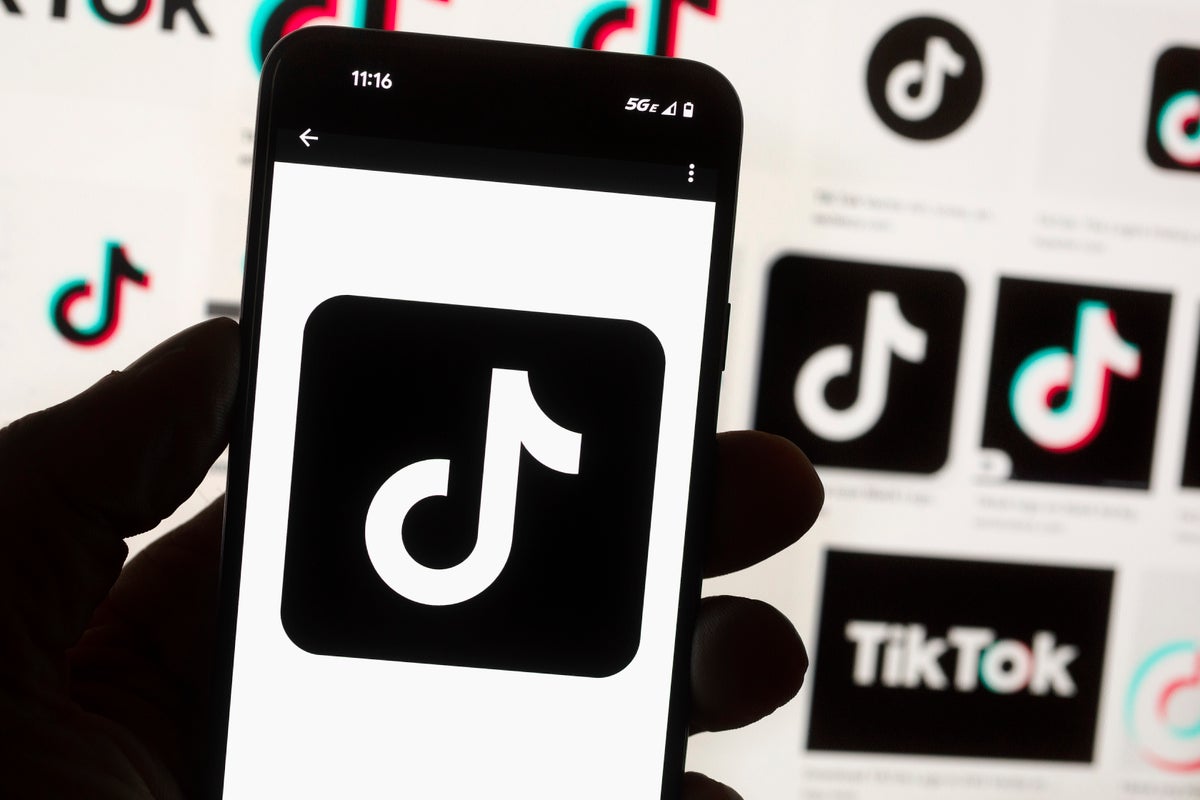
TikTok must be removed from federal employees phones, amid increasing security concerns – just the latest in a range of bans on the app across the world.
The viral video app has attracted vast numbers of users and set trends in recent years. But it has also led to fears about the privacy and security of those who use it.
It is those worries that have led to bans in the US, where federal agencies have 30 days to delete the popular app, just as in Canada and elsewhere.
Congress, the White House itself and more than half of US states had already banned TikTok amid concerns that China could use its legal and regulatory powers to obtain private user data or to try to push misinformation or narratives favoring China. US armed forces have prohibited the app on military devices, and the European Union's executive branch has temporarily banned TikTok from employee phones.
More than two-thirds of American teens use TikTok, which is owned by ByteDance, a Chinese company that moved its headquarters to Singapore in 2020. It has been targeted by critics who say the Chinese government could access user data such as browsing history and location.
China says the bans reveal Washington’s own insecurities and are an abuse of state power.
Here's what to know:
WHAT ARE THE CONCERNS ABOUT TIKTOK?
Both the FBI and the Federal Communications Commission have warned that ByteDance could share TikTok user data with China’s authoritarian government.
There are also concerns that the company is sending masses of user data to China, in breach of stringent European privacy rules.
Additionally, there’s been concern about TikTok’s content and whether it harms teenagers’ mental health.
WHO HAS PUSHED FOR TIKTOK RESTRICTIONS?
In 2020, then-President Donald Trump and his administration sought to ban dealings with TikTok’s owner, force it to sell off its U.S. assets and remove it from app stores. Courts blocked Trump’s efforts to ban TikTok, and President Joe Biden rescinded Trump’s orders after taking office but ordered an in-depth study of the issue. A planned sale of TikTok’s U.S. assets was shelved.
In Congress, concern about the app has been bipartisan. Congress passed the “No TikTok on Government Devices Act” in December as part of a sweeping government funding package. The legislation does allow for TikTok use in certain cases, including for national security, law enforcement and research purposes.
House Republicans are expected to move forward Tuesday with a bill that would give Biden the power to ban TikTok nationwide. The legislation, proposed by Rep. Mike McCaul, looks to circumvent the challenges the administration would face in court if it moved forward with sanctions against the social media company.
WHAT DOES TIKTOK SAY?
TikTok has questioned the bans, saying it has not been given an opportunity to answer questions and governments were cutting themselves off from a platform beloved by millions.
Responding to the U.S. announcement, TikTok spokesperson Brooke Oberwetter said Monday: “The ban of TikTok on federal devices passed in December without any deliberation, and unfortunately that approach has served as a blueprint for other world governments. These bans are little more than political theater.”
Additional reporting by Associated Press







